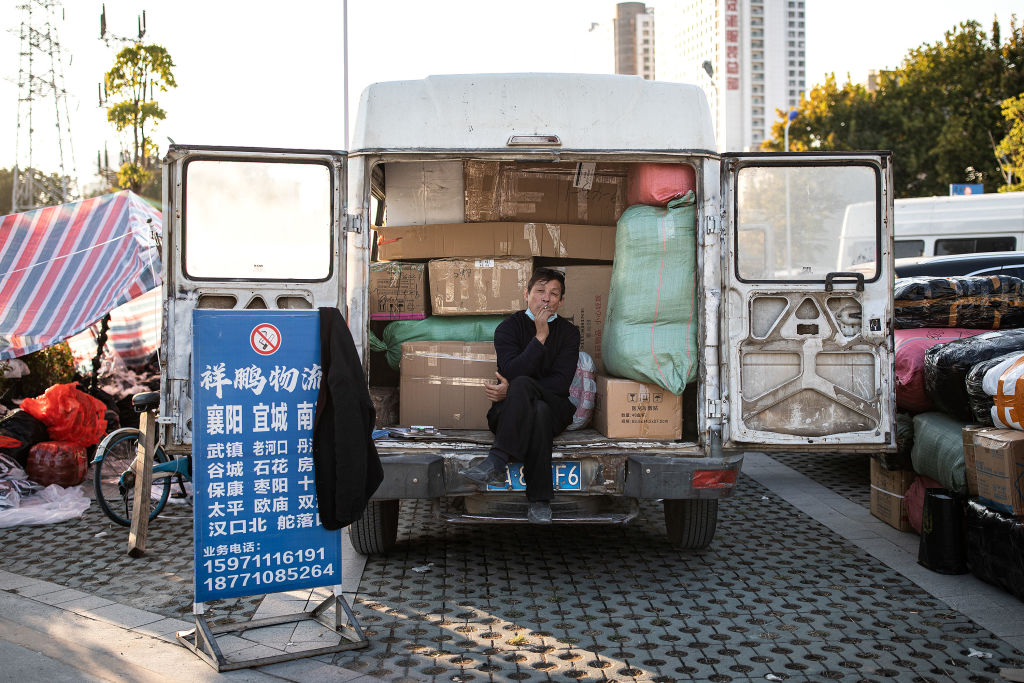In This Episode
When the city of Zhengzhou, home to the world’s largest iPhone factory, locked down recently, some of its factory workers had nowhere to go. Hoping to escape Covid restrictions, many of them walked miles along motorways to their hometowns, their journey captured by video and shared on social media in China and out.
This episode is all about China’s migrant working class – poorly paid and often poorly educated people from the countryside who go to cities like Zhengzhou for better lives. There are hundreds of millions of these so-called ‘internal migrants’, making their story an important part to understand if you want to understand modern China.
Even now, ‘on average urban residents are making at least more than 2.5 times the income as the average rural resident’, Professor Cindy Fan tells me on this episode. She’s an expert on Chinese migration and population patterns at UCLA. Most commonly, migrants will send their earnings back to home villages and towns, where they have left behind family members. Often, children are being looked after by grandparents while the parents are earning away from home.
Cindy and I discuss the role played by these migrants – often unwelcomed in the cities but vital for urban areas to develop, grow and function. We go deep into the hukou system – household registration – that gives urban residents rights and privileges that migrant workers cannot access, making them second class citizens. But ultimately, as the Chinese are wont to do, many migrant workers make the system work for them. They don’t necessarily want to swallow urban life wholesale:
Rural migrants are pretty smart… Yes they are victims… but at the same time, they are also weighing their options, they’re also strategising. They’re not just passive.






Comments